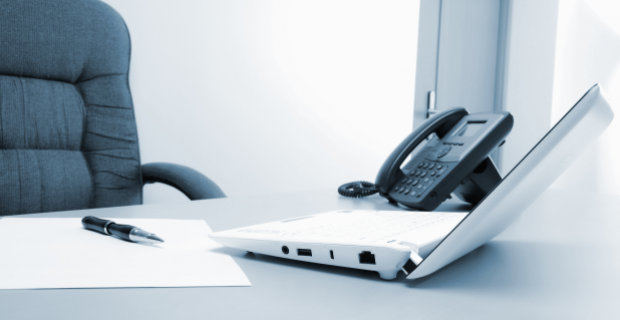When it comes to paying bills and settling accounts due for your business, you’re probably using digital methods to manage and transfer your money. It’s not difficult to understand why you and many other business owners prefer using e-banking over traditional banking: it’s easier, more convenient, and there is increased security compared to using paper checks.
However, this does not mean that you should rule out using old-fashioned checks entirely. In fact, there are still times when you will benefit more from using paper checks compared to digital payment methods. Thus, you can still use checks, but make sure that you use secure window envelopes for checks when sending them through the mail.
1. Avoid Extra Charges
If you are paying utility bills or federal licensing fees, using a paper check can help you avoid extra charges that come with credit card processing. Keep in mind that many companies, especially government offices and utility companies, use third-party services to process credit card statements, and they pass on these fees to their clients. Every time you use a credit card or online payment, you will pay these fees.
2. No Power? No Problem!
When you’re paying through electronic means, it obviously means that if there is a power outage or problem with the Internet connection in the area, you won’t be able to pay! If the power outage is severe, even ATMs in the area might be affected, so you won’t be able to get cash easily either.
Using printed checks help you avoid these problems and still make your payments without any problem. Since processing and filing your check won’t need any electricity, there won’t be any problem with accepting your payment. However, make sure that you still record the process with your mobile phone so that you have proof that you paid your bills during the power outage.
3. Some Businesses Still Go Old-School
Even in today’s digital age of electronic payments, there are businesses that actually prefer using old-fashioned checks! Many government offices, large companies, and even landlords will require that you use a printed check over digital payment methods. Of course, you shouldn’t discount retail business owners who won’t accept credit cards because they don’t want to bother with having to make their business compatible with electronic payment methods.
4. Avoid Minimum Purchase Requirements
Many small and medium-sized businesses will require a minimum purchase amount for any transaction to offset the costs of using credit cards or electronic payments. Keep in mind that credit card companies and banks will charge a fee for their electronic services, and these fees can have a huge effect on a company’s bottom line if they accept small value transactions. If you don’t use paper checks and you don’t have cash on you, you’ll be forced to add more items to your purchase to meet the minimum purchase requirement.
5. A Strong Paper Trail is Always a Good Idea
If you want traceability and transparency for easier accounting purposes, using paper checks will give you the most control when managing and organizing your cash flow. Each step of the processing, filing, and cashing out the check is recorded on paper, and you will be able to ask for a copy for your business records. This way, you will have a strong position to start from if there are any disputes over your payments.
6. Recipients Have More Control on How to Manage the Incoming Funds
While this particular benefit is more for the good of your recipient than your own, having this option will actually be attractive for your recipient. Unlike using digital payments where the money will only be directed to a particular account, your recipient will be able to dictate how and when to cash in your payment. They will also be able to choose where they will deposit the payment.
7. A Younger Demographic Doesn’t Always Mean a Preference to Technology
Surprisingly, a large percentage of the younger generation actually still strongly prefers traditional banking methods over digital methods when it comes to accepting payments! There are many possible reasons for this, ranging from the higher number of banks using traditional payments (particularly in rural areas) to the fact that many banks arbitrarily change their policies concerning digital payments compared to traditional banking methods. In terms of stability and transparency, banks are more prone to suddenly changing their digital banking policies. Compare that to the process of accepting, processing, and cashing out paper checks which has not changed much through the decades, and you will understand why the idea of a digital bank is not as attractive to the younger generation as it could be.







































